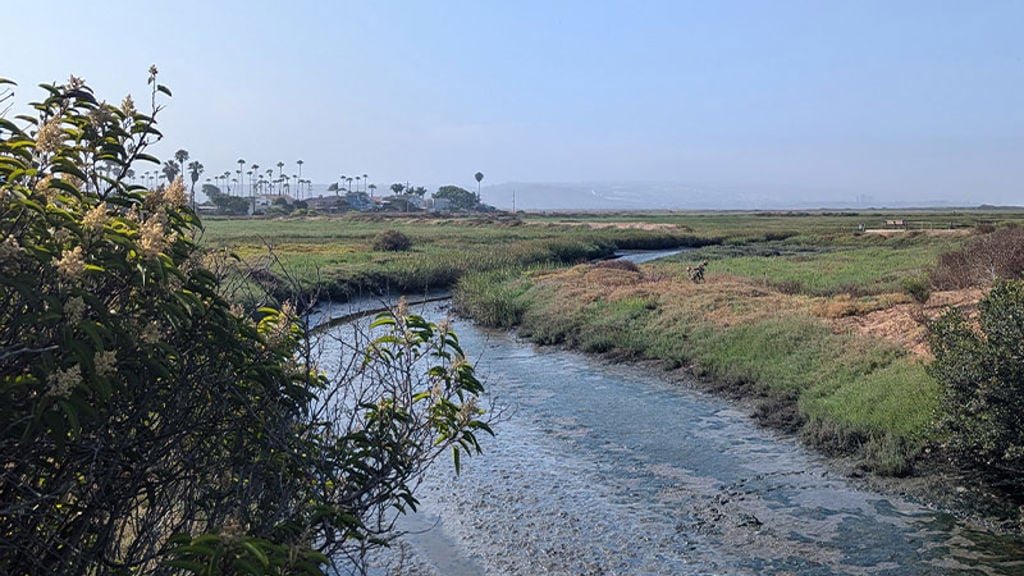Climate change resilience
Each summer Australians brace for harsher bushfires and more intense and frequent heat waves. There is less rainfall on average, especially in winter and spring, but when it does fall, it is more intense, often leading to severe flooding. One of the sectors most susceptible to climatic changes is water. Potential impacts include infrastructure degradation, risk to the supply and quality of water, and the reduced health of waterways.
Coupled with population growth and urban density (also impacting on the availability and supply of water), they create increasingly difficult operating conditions for water service providers such as YVW. YVW is the largest water provider in Melbourne and Arup supported the organisation in building its resilience to climate change.
The strategy discovers the key risks caused by climate change and their implications for YVW, defining actions that must be undertaken to build YVW’s resilience to these impacts.
We worked closely with staff to define goals, impacts and actions, while setting action priorities around three areas:
1. Enhance adaptive planning - using a variety of future climate and population scenarios for modelling, piloting adaptive planning in three existing projects and embedding adaptive planning guidelines to build capabilities.
2. Reduce service vulnerabilities - assessing the risk of key assets to climate change, supporting contingency planning by sharing the latest information on key indicators of climate-related failure, and looking at the strength of planned emergency management responses in different climate scenarios.
3. Foster collaborative partnerships - benchmarking YVW in relation to Australian and international water utilities, partnering with Victorian Government departments to respond to policies and strategies related to climate change resilience and long-term water planning, and creating industry and customer partnerships on climate change resilience to establish a collaborative and shared vision.
These risks and actions will be regularly monitored and reviewed to assess success and if they need updating. The first review will occur in June 2021, and regular monitoring will occur through YVW’s corporate risk process.







